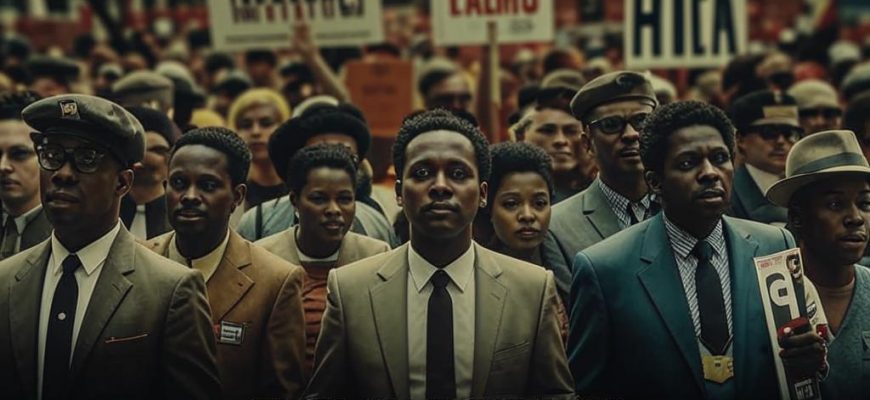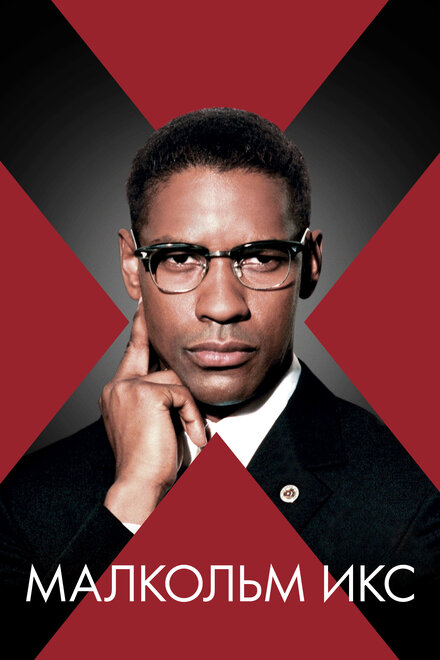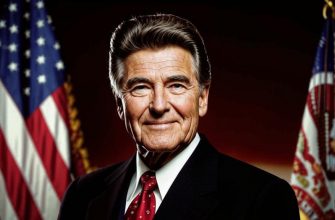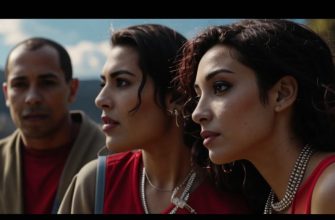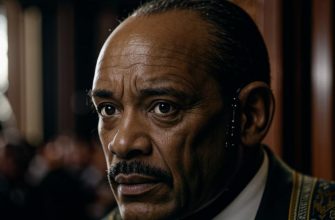Films about civil rights delve into the struggles and triumphs associated with the fight for equal rights and justice for all, often focusing on historical movements and influential figures. These films not only highlight the challenges faced during these critical periods but also celebrate the spirit of resistance and unity against oppression. Common themes include racial equality, voting rights, and freedom from discriminatory practices.
“Selma”, 2014
Director: Ava DuVernay
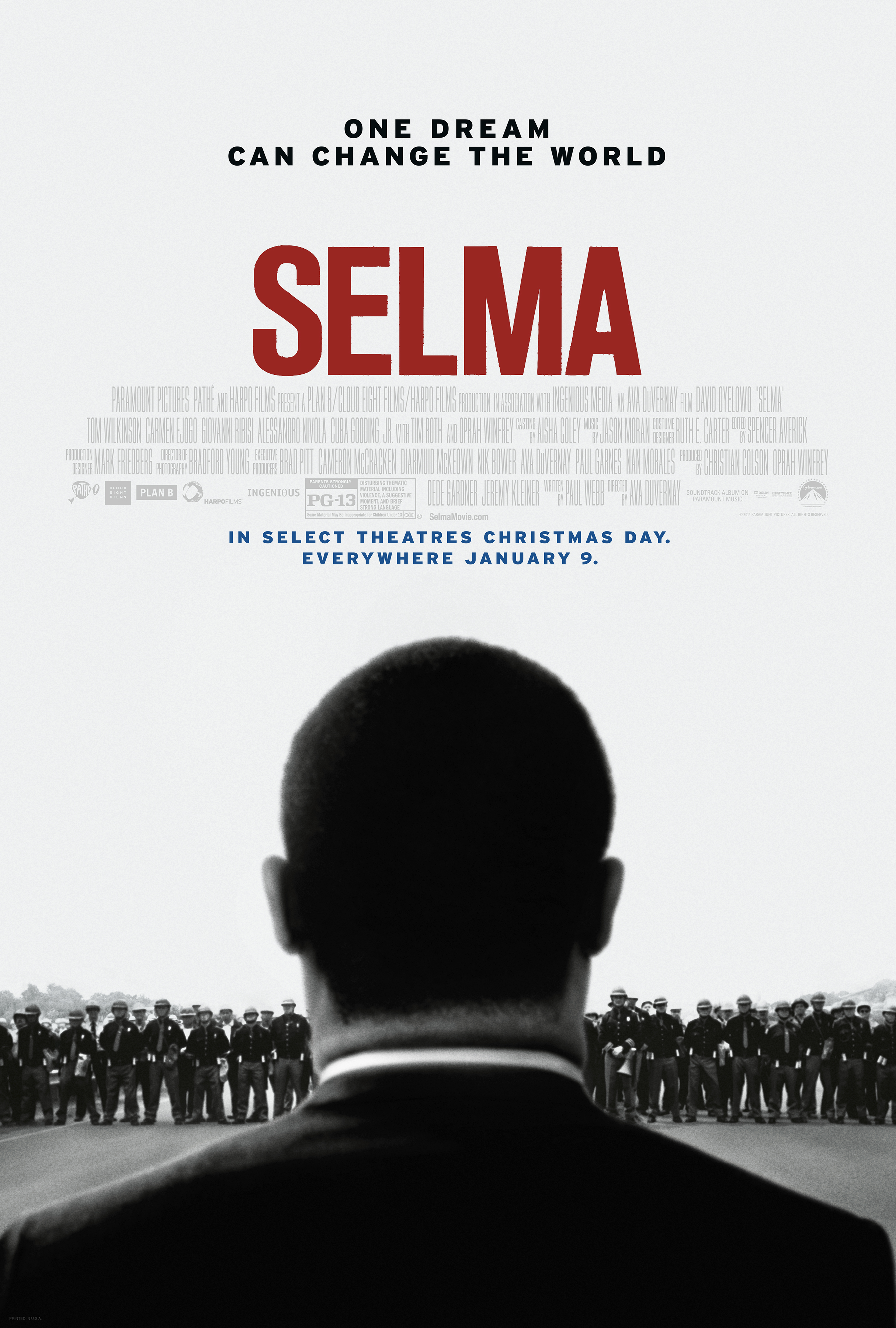
Directed by Ava DuVernay, this historical drama is based on the 1965 Selma to Montgomery voting rights marches led by Dr. Martin Luther King Jr., James Bevel, Hosea Williams, and John Lewis.
Starring: David Oyelowo, Carmen Ejogo, Tom Wilkinson, Tim Roth, Lorraine Toussaint, Common, Giovanni Ribisi, Ruben Santiago-Hudson, Oprah Winfrey, Cuba Gooding Jr.;
Production year: 2014;
Genre: drama, biography, history;
MPAA rating: pg13;
Duration: 128 min.;
Rating: IMDB: 7,5;
More information about the film “Selma” on the website imdb.com
“Malcolm X”, 1992
Director: Spike Lee
Directed by Spike Lee, this biographical film chronicles the life of African-American activist Malcolm X, portraying his transformation from a small-time criminal to an influential leader of the civil rights movement.
Starring: Denzel Washington, Angela Bassett, Albert Hall, Al Freeman Jr., Delroy Lindo, Spike Lee, Theresa Randle, Kate Vernon, Lonette McKee, Tommy Hollis;
Production year: 1992;
Genre: drama, biography, history;
MPAA rating: pg13;
Duration: 202 min.;
Rating: IMDB: 7,7;
“Mississippi Burning”, 1988
Director: Alan Parker

Directed by Alan Parker, the film is a crime thriller that investigates the disappearance of civil rights activists in 1964 Mississippi, exploring themes of racism and the struggles of the Civil Rights Movement.
Starring: Gene Hackman, Willem Dafoe, Frances McDormand, Brad Dourif, R. Lee Ermey, Gailard Sartain, Stephen Tobolowsky, Michael Rooker, Pruitt Taylor Vince, Badja Djola;
Production year: 1988;
Genre: thriller, drama, crime, detective, history;
MPAA rating: r;
Duration: 128 min.;
Rating: IMDB: 7,8;
More information about the film “Mississippi Burning” on the website imdb.com
“The Help”, 2011
Director: Tate Taylor
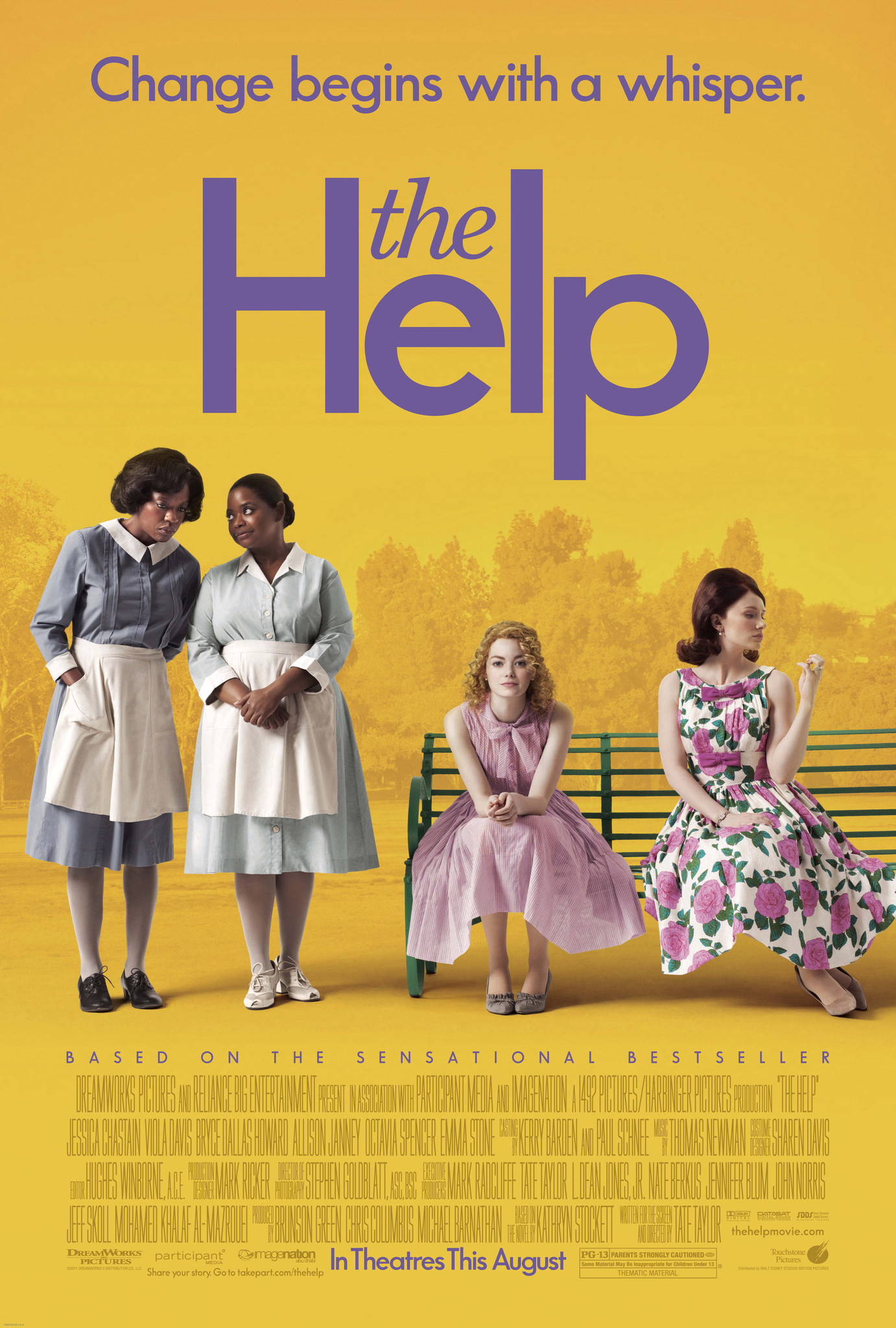
Based on the novel by Kathryn Stockett and directed by Tate Taylor, this film focuses on an aspiring author during the civil rights movement of the 1960s who writes a book detailing the African American maids' point of view on the white families for which they work.
Starring: Emma Stone, Viola Davis, Bryce Dallas Howard, Octavia Spencer, Jessica Chastain, Ahna O'Reilly, Allison Janney, Sissy Spacek, Cicely Tyson, Mary Steenburgen;
Production year: 2011;
Genre: drama;
MPAA rating: pg13;
Duration: 146 min.;
Rating: IMDB: 8,1;
More information about the film “The Help” on the website imdb.com
“To Kill a Mockingbird”, 1962
Director: Robert Mulligan

Directed by Robert Mulligan, this film adaptation of Harper Lee's novel is set during the Great Depression, depicting racial injustice in a segregated Southern town and a lawyer's fight for an innocent black man wrongfully accused of rape.
Starring: Gregory Peck, Mary Badham, Phillip Alford, Frank Overton, Brock Peters, James Anderson, John Megna, Collin Wilcox Paxton, Robert Duvall, Rosemary Murphy;
Production year: 1962;
Genre: drama, crime;
Age: 18+;
Duration: 129 min.;
Rating: IMDB: 8,3;
More information about the film “To Kill a Mockingbird” on the website imdb.com
“The Butler”, 2013
Director: Lee Daniels
Directed by Lee Daniels, the film follows the life of Cecil Gaines, an African-American who witnesses notable events of the 20th-century civil rights movement while serving as a butler in the White House.
Starring: Forest Whitaker, Oprah Winfrey, Cuba Gooding Jr., David Oyelowo, Terrence Howard, Robin Williams, Liev Schreiber, Alan Rickman, John Cusack, David Banner;
Production year: 2013;
Genre: drama, biography;
MPAA rating: pg13;
Duration: 132 min.;
Rating: IMDB: 7,2;
These films provide a lens to understand and reflect on the historical and ongoing struggles for civil rights, encouraging viewers to contemplate the significance of equality and justice in society.
In conclusion, films about civil rights not only shine a light on the pivotal moments and figures of social justice movements, but they also evoke a powerful emotional response from their audiences, challenging them to reflect on issues of equality, empathy, and collective responsibility. These films serve as critical tools to educate, inspire, and ignite the necessary conversations for fostering societal change. By delving into historical struggles, personal triumphs, and enduring calls for justice, these films play a crucial role in shaping public consciousness and aim to ensure that the lessons from the past continue to resonate in the quest for a more just and equitable future.

